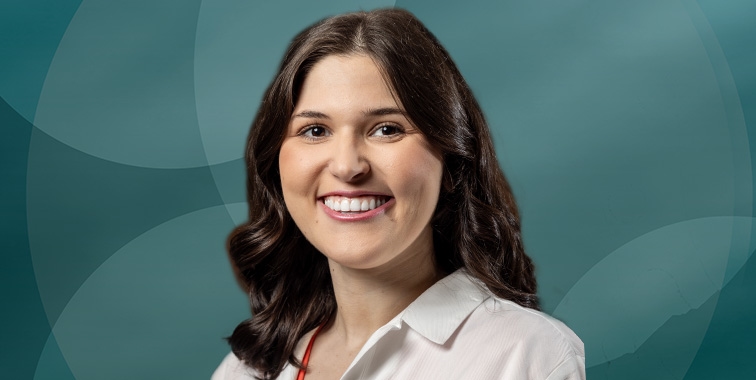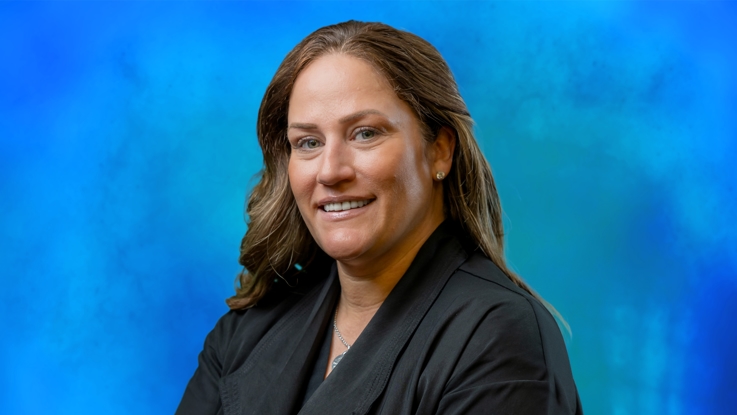My Name is Brett. I Have OCD.
- Category: In The News
- Posted On:
Desperate for relief from obsessive compulsive behavior and unwanted tics, Brett Riedlinger, a native of Laguna Niguel, California, traveled to North Oaks Medical Center in Hammond to have Deep Brain Stimulation surgery in October 2011.
“MY OCD affects me 24/7. It causes me to repeatedly turn lights on and off, open and close doors, etc. On top of that, I’m obsessed with doing all of this an even amount of times, most often when using my left side of my body. There are many different things that my OCD causes me to do, but worst of all, it keeps me from falling asleep at night. I just can’t turn it off.” –Brett Riedlinger, North Oaks Neurosurgery Clinic patient
Brett, 19, is diagnosed with Obsessive Compulsive Disorder (OCD). An anxiety disorder, OCD causes people to have unwanted and repeated thoughts, feelings, ideas, sensations (obsessions), or behaviors that make them feel driven to do something (compulsions). In addition, he also has been diagnosed with Tourette Syndrome, a neurological disorder characterized by tics – involuntary, repetitive and sudden movements that can include vocal outbursts.
Since 1996, the Riedlinger family has been on a quest to find the right treatment for Brett. “The first symptoms of his condition were merely excessive eye-blinking and throat clearing, which then progressed to violent arm slinging and neck twisting. Over the years, Brett has been on almost 20 different medications to control his symptoms,” shares Cindy Riedlinger, Brett’s mother.
"When Brett was growing up, he had difficulty performing tasks like reading and writing. I would have to transcribe all of his homework because his tics would repeatedly interrupt him. What should take a student 1 hour to complete would take us 4 to 5 hours or longer.” –Cindy Riedlinger, Brett’s mother
In 2006, Brett had a successful Deep Brain Stimulation (DBS) surgery performed by “DBS pioneer” Dr. Donald Richardson, a colleague of Dr. Masel.
Deep Brain Stimulation uses a surgically implanted medical device in the brain, similar to a cardiac pacemaker, to deliver mild electrical pulses to precisely targeted areas of the brain involved in motor control and muscle function.
Brett recalls, “After my (first successful) surgery, it was the first time in my life I had ever felt calmness within my body.”
Brett’s mother states, “For the next 2 years, he completed all schoolwork on his own. His self-esteem returned seeing the results of his own schoolwork. It really changed his life.”
In 2009, Brett experienced a return of his symptoms, and an X-ray revealed a broken wire from Brett’s original surgery.
After exhausting all possible medical treatments to address the return of symptoms, the Riedlinger family sought approval through their insurance company for Brett to receive DBS rewiring as “corrective surgery.” His procedure was part of a clinical trial overseen by the Food & Drug Administration (FDA) for patients with OCD.
Fortunately, Brett’s story compelled the FDA’s Internal Review Board (made up of neurosurgeons, psychiatrists, neurologists, neurophysiologists, neuropsychologists and radiologists) to approve Brett for the clinical trial on the humanitarian grounds that it was necessary to improve his quality of life.
With approval secured, Dr. Richardson collaborated with Dr. Masel and Dr. Chris Kao from Vanderbilt University to perform Brett’s procedure at North Oaks Medical Center.
“Brett is a really unique young man,” explains Dr. Masel, who has been treating Parkinson’s and tremor patients with DBS for about 10 years. “His OCD has chipped away at his quality of life over the years. Corrective DBS surgery gives him the chance he deserves to lead a happy, healthy, full life.”
Back at home in California, Brett is doing just that and seeing a California neurologist to have his wiring fine-tuned as needed.
For more information about DBS, OCD or other conditions, such as Parkinson’s Disease or Tremor or Dystonia, also known as “Torticollis,” (involuntary muscle contractions causing abnormal postures), contact your physician or North Oaks Neurosurgery Clinic. A physician referral may be required, and insurance plans may not cover some procedures.




